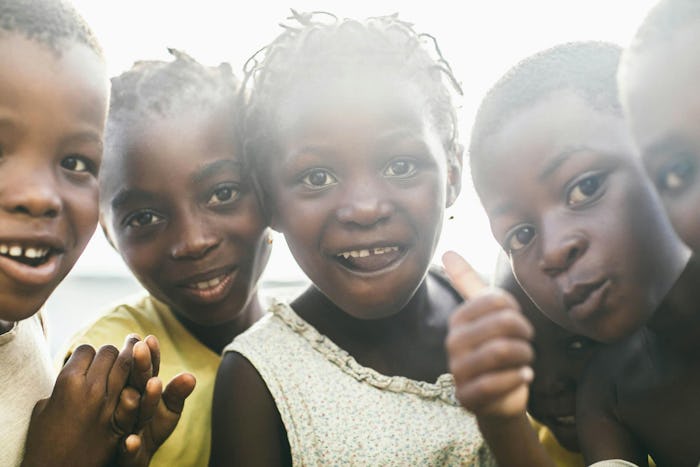You are making a difference in Mozambique!
A glimpse of what your sponsored child’s life is like in Mozambique:
HOME LIFE
- The vast majority of Mozambique’s population is rural. Traditional homes are round dwellings supported by poles held together with mud and topped with roofs thatched with palm leaves. Most families include several generations living together under one roof.
- Villages generally erect a fence called a “boma” around the perimeter, providing protection from wild animals.
- Rural residents generally eat a diet based on the cassava root, which is baked, dried, or mashed with water to form a porridge. Corn is another staple food.
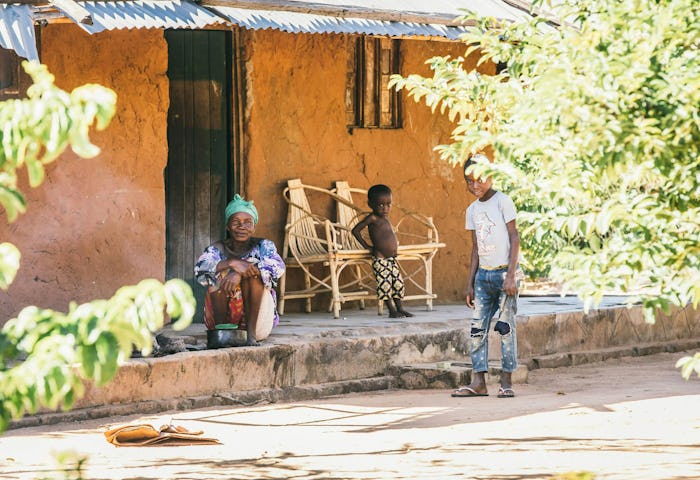
SCHOOL AND EDUCATION
- In Mozambique, primary education is free and required by law. It is subdivided into two levels: the lower primary, which consists of five years of schooling (grades 1 through 5), and upper primary, which comprises two years (grades 6 and 7).
- The official age of entry into school in Mozambique is 6 years old.
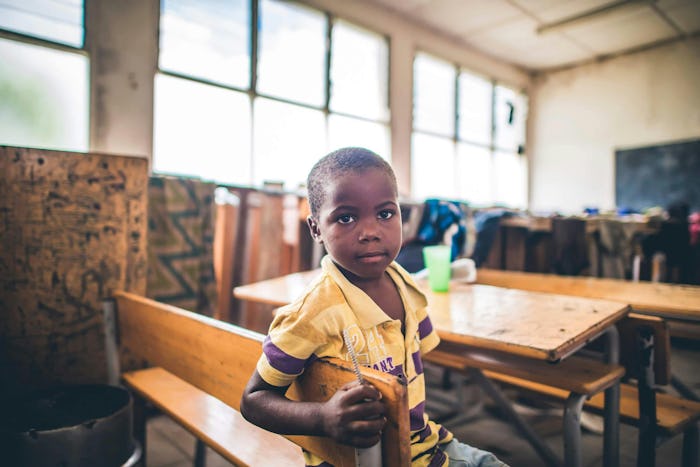
MOZAMBICAN CULTURE
- The people of Mozambique are ethnically diverse, but ethnic categories are fluid and reflect the country’s colonial history. All inhabitants of the country were designated Portuguese in 1961.
- Although Mozambique has limited written literature, it has a rich heritage of oral storytelling. Folk art of the Mozambicans represent the indigenous cultural beliefs of the country. Modern art flourished in the country following independence.
- Mozambicans are also experts in a wide variety of crafts such as wood carving. Elaborate masks are carved and used in ritual dances.
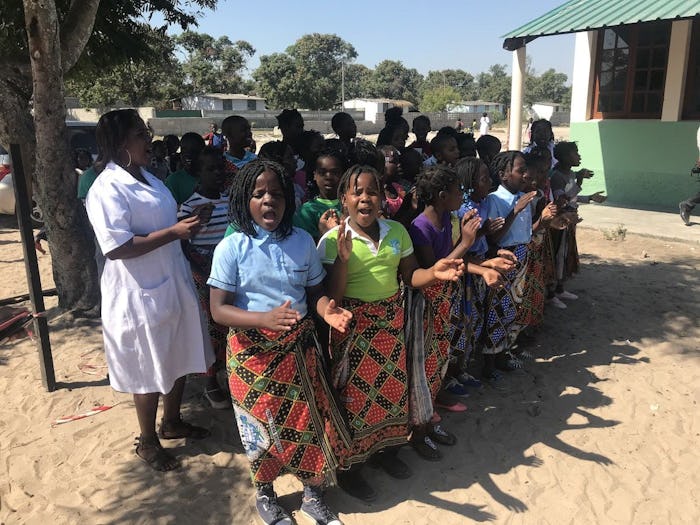
COUNTRY INFO
Mozambique is in southeast Africa, bordered by the Indian Ocean to the east, Tanzania to the north, Malawi and Zambia to the northwest, Zimbabwe to the west, and Swaziland and South Africa to the southwest. Mozambique is home to many rich and extensive natural resources. The country’s economy is largely based on agriculture, but other industries such as food, beverage, and chemical manufacturing are growing.
- Capital: Maputo
- Population: 29,495,962
- Language: Portuguese and Emakhuwa

FH IN MOZAMBIQUE
In 1987, FH began working in Mozambique in response to RENAMO’s (Mozambican National Resistance) attack and the Mozambican civil war, continuing relief efforts after the peace accord of 1992. Since then, FH has focused efforts on long-term development work in agriculture, education, and income generation, as well as a focus on reducing child mortality.
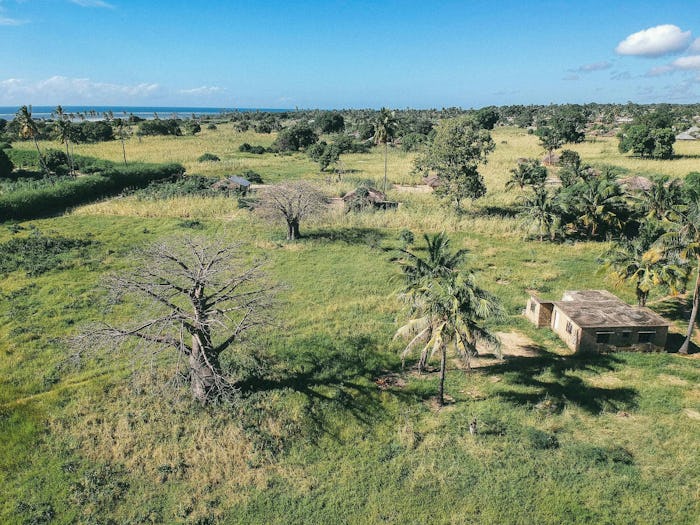
AS A CHILD SPONSOR:
- You are supporting improved agricultural practices and savings groups.
- You are training community members on best health practices through a social and behavior change strategy and through care groups. Many of these programs also focus on ending malaria transmission and its impact on health and nutrition.
- You are helping increase access to clean drinking water through the construction and rehabilitation of water points.
